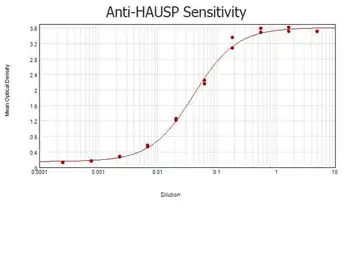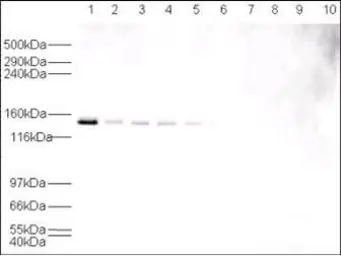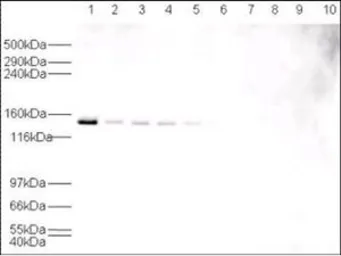USP7 antibody
Cat. No. GTX24080
Cat. No. GTX24080
-
HostRabbit
-
ClonalityPolyclonal
-
IsotypeIgG
-
ApplicationsWB ELISA
-
ReactivityHuman, Mouse



